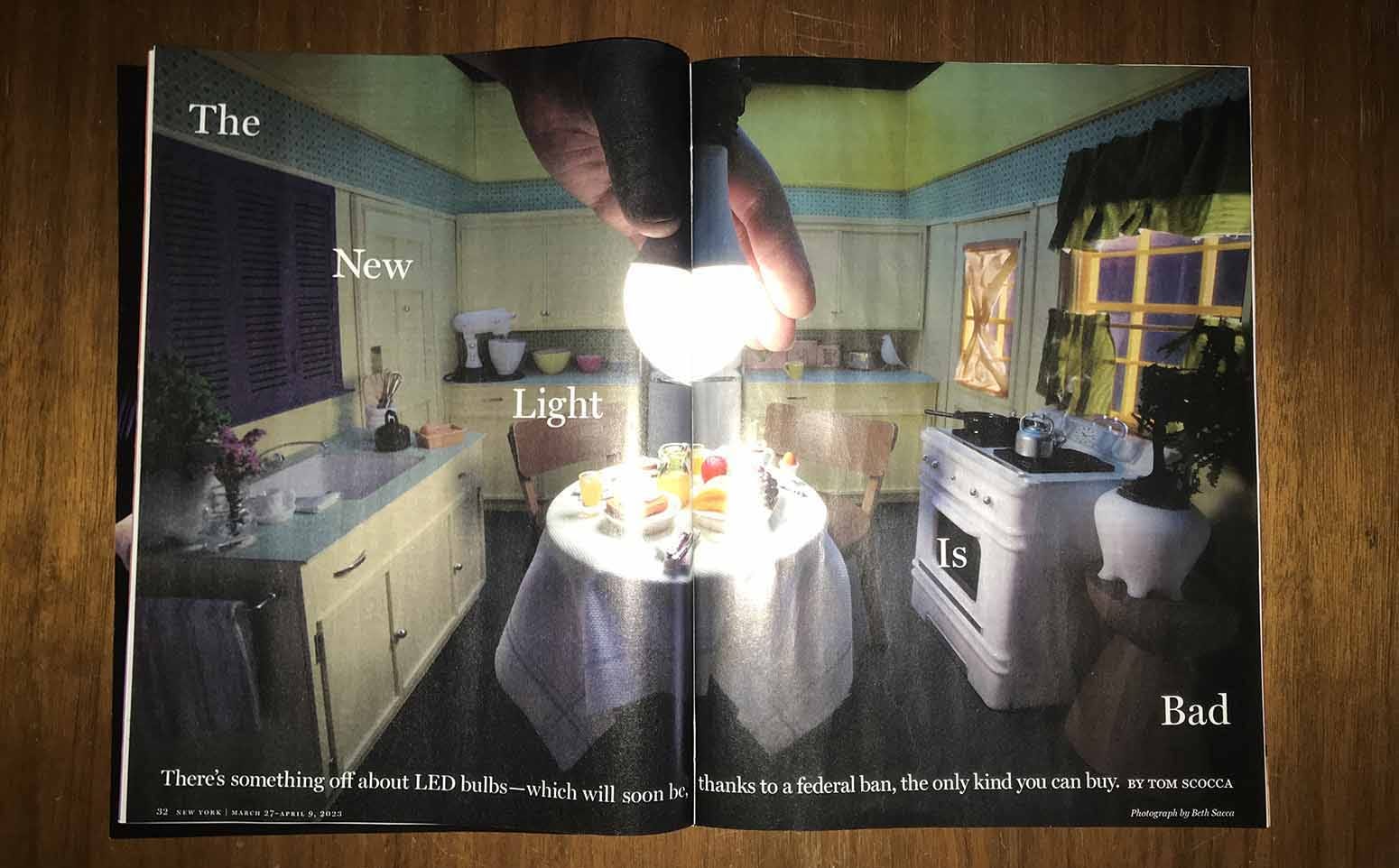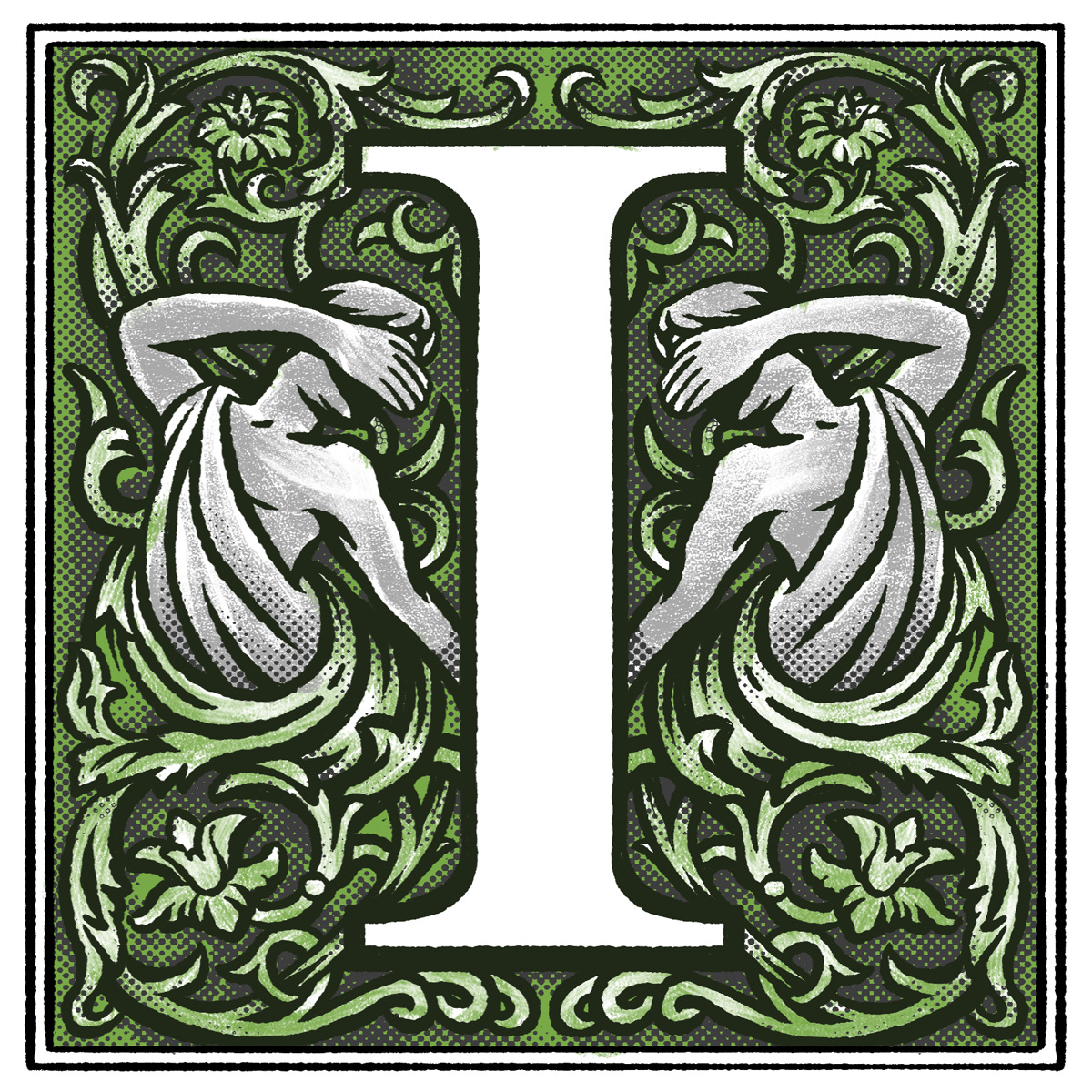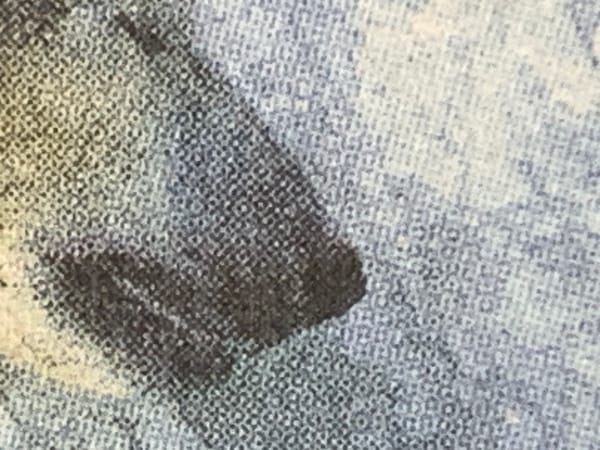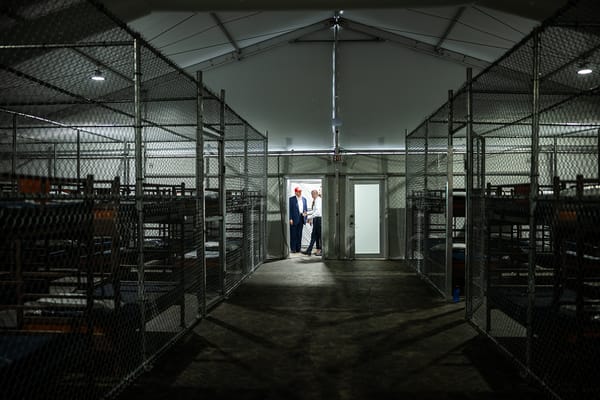INDIGNITY VOL. 3, NO. 49: Indicting a precedent.
CURRENT EVENTS DEP'T.

Nobody Knows What Comes Next Now
EVERYTHING IS UNPRECEDENTED, in its own way. Each day, Joe Biden wakes up older than any president of the United States has ever been before. Every 11 or 12 seconds, someone buys an AR-15 or related gun, raising the number of assault rifles in circulation in the country to a new all-time high. Global atmospheric carbon dioxide is higher today than it was yesterday, and will be higher again tomorrow.
Yesterday, the public found out that Donald Trump had been indicted. This had never happened to a former president in this country before. America has entered unprecedented historical territory, people declared over and over, in articles that they'd nevertheless managed to write in advance, or to write in a hurry based on the addition of a very small set of new facts to the facts they already knew.
Manhattan district attorney Alvin Bragg "is busting a political norm that has stood for 230 years," the Wall Street Journal editorial board wrote, in a piece arguing against the indictment. "For the first time in American history, a grand jury has indicted a former president of the United States," the New York Times editorial board wrote, in a piece arguing in favor of the indictment.
The great fear that kept anyone from taking action against Donald Trump for so long was that doing it would usher in a new age of uncertainty—as if we would otherwise be able to count on history unfurling around us in a basically secure and predictable pattern. "There’s cause for concern, and caution, ahead," the Washington Post editorial board fretted, in a piece lamenting that this indictment (a sealed indictment, whose specific contents and charges are unknown to the editorial board of the Washington Post) was the wrong one to pursue.
Now, the Post board lamented, Alvin Bragg has gone and created a precedent that might not be good enough. "This prosecution is now bound to be the test case for any future former president, as well as, of course, proceedings against this former president in particular—of which there are plenty," the editorial board declared. "...A failed prosecution over the hush-money payment could put them all in jeopardy."
Could it? What if the prolonged reluctance by any prosecutors to actually prosecute Trump was also putting all the other potential prosecutions in jeopardy, by making it seem as if it would be an extraordinary step to enforce the law against him at all? What if Trump's conduct was already establishing its own precedent, or serving as its own test case, about the legal system's inability to respond to a chronically lawless president? What if—given the unprecedentedness of the entire situation—the editorial board of the Washington Post has no basis for declaring what the causes and effects may be?
One benefit of living in uncertain times is that you don't have to pretend to know what's going to happen. You certainly don't need to have an opinion about events that haven't happened yet (or that have happened, but the details of which are under seal).
Yet the opinion-havers keep shouting at the whirlwind. It's very clear what's happening here, the Journal's board wrote—the Democrats are trying to boost Trump's political fortunes by indicting him:
And there is no doubt that Mr. Bragg is doing what most Democrats want. They want Mr. Trump in the dock and at the center of the political debate. Even if he’s not convicted, they figure the indictment and spectacle will help him become the Republican nominee. They think he is the easiest candidate to beat because he motivates Democrats and divides Republicans and independents. That is certainly the lesson of the GOP election disappointments of 2018, 2020 and 2022.
That's a "no doubt" and a "certainly," applied to the subject of how one political party supposedly plans to use the as-yet-unsealed indictment to influence the political debate in a way that will have a predictable effect on the choices made by the other political party's primary voters, which will in turn have a predictable, and opposite, effect on the choices made by voters in the next general election. All of which, in turn, the Journal editorial board is saying now in the hopes it will serve as an opening bank shot in the other direction: deflating the importance of the indictment, to draw attention away from Trump, to weaken his standing in the primary, to open the opportunity for Ron DeSantis to get elected president. Instead of trying to read the future from that tangled mass of entrails, why not just wait to read the indictment?


SIDE PIECES DEP'T.
Why Does the Light Look So Weird?
ONE YEAR AGO this week, I went on Twitter to complain about how LED lightbulbs, which were supposed to last forever, kept crapping out on me. There's a widespread belief that no one ever got anything accomplished by tweeting, but Nick Summers, who edits features for New York magazine, saw the tweets and asked me if I would be interested in developing my thoughts at greater length.
I told him I was, and over the course of many, many months—through the wreckage of several provisional deadlines—we dug deeper and deeper into the flickering, oddly colored mysteries of the transition from analog to digital lighting. After a long and meticulous editing process, and a heroic and adventuresome fact check by the magazine's Jack Denton, we put thousands of words about LED lighting into this week's print magazine, and onto the website:
Things I might once have ignored caught my eye. Out in the world, I noticed more and more public spaces had a frigid cast and a liminal flicker. The interiors of bubble-tea shops and ice-cream parlors took on a queasy aspect. Getting up in the early-morning darkness in a San Francisco Airbnb, I could see the bedside lamplight trembling.
I started to confide in people that I was seeing things, that the light was wrong, and usually they knew exactly what I was talking about. Over lunch, a friend unspooled an epic account of his quest for dimmable bulbs that would actually dim. A stranger in a shared taxi forwarded me a blog post he’d written about his conviction that the color of objects lit by LEDs was washed out and about his incredulity at how fast they failed.
Talking to lighting designers about lighting design, and other lighting professionals about their work, was extremely fascinating, and I highly recommend doing it if you ever get the chance. Bespoke small-batch microchips for the bulbs to retrofit the train lighting on the Orient Express! A magenta dress in a movie that refused to show up as the right color on camera! The lingering tail of red colors that the eye can still partly perceive as the visible spectrum fades out into infrared! And that's just some of the stuff that didn't fit into the piece.


WEATHER REVIEWS
New York City, March 30, 2023
★★★ The partly open window had let in unpleasantly frigid air by morning. A tiny dog in a green sweater yapped and snarled at a stranger. Birds were still singing for springtime in the biting air. Two small birds harassed a hawk on the wing, diving right up next to it as it flew toward 125th Street. A little loader zipped around on the schoolyard construction site, near gleaming rolls of chain-link fencing. Sun coming in under the scaffolding warmed the legs, and the blossoms by the park gate were luminous. A black shopping bag caught in high branches inflated on the wind, and withered balloons swayed on their still-glittering ribbons. Beside the path, a black squirrel bounced from rock to rock, then bounded down and across. Children with cameras swarmed the slope to get pictures of the daffodils standing wide open and aglow. A bare face turned toward downtown was a battleground between the radiant heat of the sun and the cold convection of the wind.

EASY LISTENING DEP’T.
The Indignity Morning Podcast is also available via the Apple and Spotify platforms.

SANDWICH DEP’T.
WE PRESENT INSTRUCTIONS for the assembly of a select sandwich from Delicious Recipes, by California Peach Growers, Inc./Marion Harris Neil, published 1920, found in the public domain and available at archive.org for the delectation of all.
RECIPE No. 20
PEACH SANDWICHES
Blue Ribbon Peaches, (Softened overnight and stewed slowly)
White bread and butter
Grated chocolate
Cut some thin bread and butter, and sprinkle it with grated chocolate. Cut the peaches into small pieces. Put a layer of these pieces between two pieces of prepared bread, and press well together. Trim and cut into neat sandwiches. Serve on lace-edged paper.
Another Method: Cut brown bread into slices, and toast until delicately browned. Spread lightly with butter, and over each slice heap Blue Ribbon peaches which have been softened and sweetened to taste. Place a spoonful of whipped cream on top, and serve on individual plates.
If you decide to prepare and attempt to enjoy a sandwich inspired by this offering, kindly send a picture to us at indignity@indignity.net.

Thanks for reading INDIGNITY, a general-interest publication for a discerning and self-selected audience. We depend on your support!






